
Every technology brings revolution with it and changes the way industry functions. The latest trends in real estate technology are rapidly changing the dynamics. The real estate landscape in India is undergoing a profound transformation, driven by the increasing integration of cutting-edge technologies. Smart homes, a prominent facet of this revolution, are witnessing substantial growth. According to recent statistics, the smart home market in India is expected to grow at a CAGR of 30% over the next five years, reflecting the escalating demand for intelligent technology in real estate industry.
Virtual reality (VR) has emerged as a game-changer in the real estate sector even in the affordable housing segment. Its usage goes beyond mere property listings, extending to immersive virtual reality home tours. These VR tours offer potential buyers a lifelike experience of a property, contributing to a more informed decision-making process. The adoption of VR in real estate is on the rise, with a notable increase in the number of property developers and agents incorporating this technology into their marketing strategies.
Home automation is another noteworthy trend reshaping the real estate sector. The integration of smart devices and Internet of Things (IoT) technology by real estate property developers enables homeowners to control various aspects of their homes remotely. From smart thermostats and lighting systems to security cameras and automated blinds, home automation is enhancing convenience, efficiency, and security in residential spaces.
Virtual reality isn't confined to property tours alone; it extends to predictive analytics in the property market. Predictive analytics leverages historical data and algorithms to forecast trends, pricing fluctuations, and demand patterns. This data-driven approach empowers real estate professionals to make more informed decisions and strategize effectively in a dynamic market.
Big data analytics is playing a crucial role in property valuation. Analyzing vast datasets allows for a more accurate assessment of property values, taking into account factors such as location, amenities, and market trends. This data-driven property valuation ensures a fair and competitive pricing strategy, benefiting both buyers and sellers.
Digitalization has become a pervasive force in the real estate industry. From digital property listings and transaction platforms to online documentation and e-signatures, the digital shift has streamlined processes and increased accessibility. The convenience of digital transactions is not only beneficial for real estate professionals but also enhances the overall experience for buyers and sellers.
An emerging trend in real estate is the rise of REITs—Real Estate Investment Trusts. These investment vehicles own and manage diverse income-generating properties, offering investors a way to access real estate markets passively. One key allure is their tax advantage: REITs must distribute 90% of taxable income to shareholders as dividends, enjoying special tax treatment and potentially delivering higher yields compared to other investments.
In conclusion, the real estate industry in India is undergoing a profound digital transformation. The statistics on smart homes, coupled with the increasing adoption of virtual reality, green building concepts, home automation, predictive analytics, and big data analytics, underscore the industry's commitment to embracing technology for a more sustainable, efficient, and customer-centric future.
The impact technology has on society, especially within the real estate realm, is monumental. These advancements not only revolutionize property interactions but also promise a future where the industry is more interconnected and operates with greater efficiency and accessibility for all involved stakeholders.







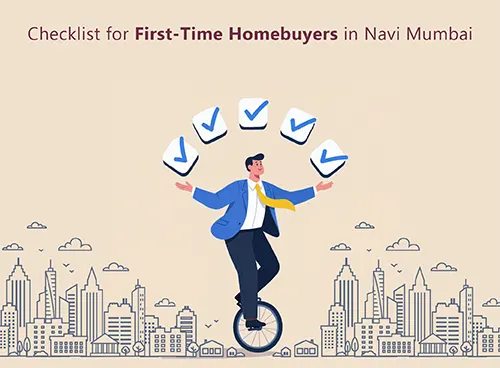

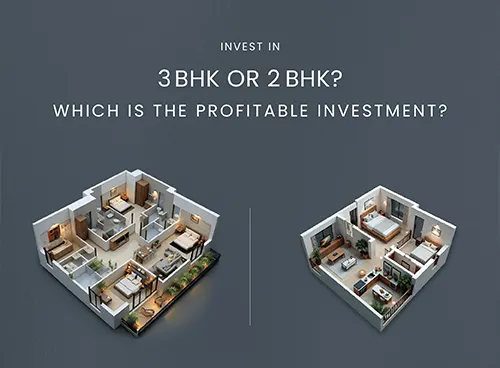






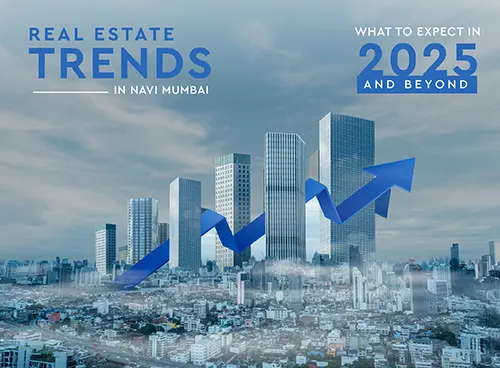








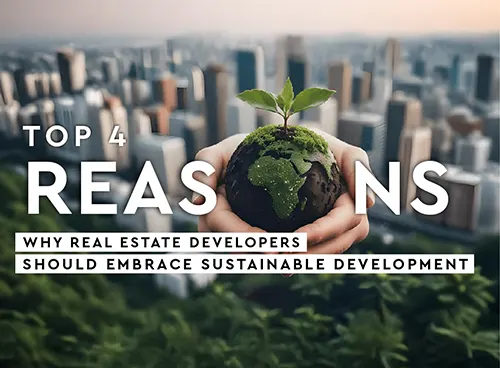





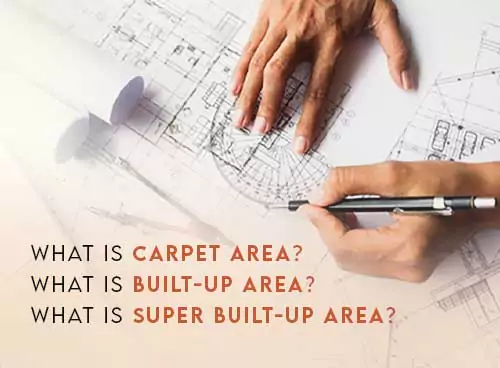





















General Information Awareness
The content of this blog post is for general informational purposes only, sourced from secondary information, and should not be considered professional advice. It intends to raise awareness, not guide decisions. Readers must consult experts before making choices. This blog post cannot be invoked against the builder in any sales agreement.